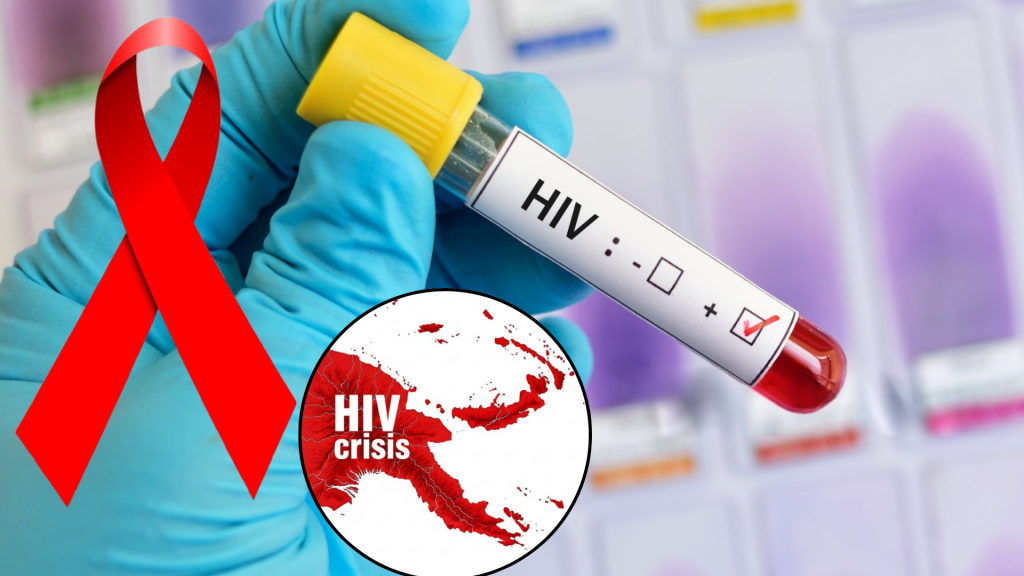As Papua New Guinea confronts a national HIV crisis, mothers and children are emerging as some of the most vulnerable victims of a rising epidemic that continues to develop across the country.
According to new data released by the National Department of Health, approximately 11,000 new HIV infections occurred in 2024—an average of 30 new cases every day.
Of these, nearly half were among children and young people aged 24 and below, highlighting a disturbing change in the age profile of those affected.
Most alarming, however, is the high rate of mother-to-child transmission, a preventable tragedy that continues to occur daily.
In 2024 alone, an estimated 2,700 infants were newly infected with HIV; the equivalent of seven babies per day.
Health officials point to a significant gap in maternal care services as the leading factor behind these infections.
In many cases, mothers were unaware of their HIV status and therefore did not receive the antiretroviral therapy (ART) needed during pregnancy or breastfeeding to prevent transmission to their babies.
This significant shortfall in maternal healthcare underscores the urgent need to boost antenatal care attendance and broaden access to HIV testing, counselling, and treatment for all pregnant women throughout Papua New Guinea.
In declaring the situation, a National HIV Crisis, Health Minister Elias Kapavore called for bold action to protect those most affected.
“HIV is a disease of inequality. We need to support and empower those most impacted.”
“I personally commit to raising this issue with my fellow ministers and parliamentarians and ensuring the urgent allocation of resources to protect our people – especially the next generation of Papua New Guineans.”
Dr. Sevil Huseynova, WHO Country Representative in Papua New Guinea, reinforced the call for healthcare upgrades.
“We must strengthen our health systems to ensure universal access to HIV testing, treatment, and prevention services, especially for pregnant women and young people. This is a test of our collective commitment to health for all.”
The National HIV Crisis Response Plan is currently being implemented, with the goal of prioritizing investments to guarantee that mothers and children no longer endure these preventable health risks in silence.
As authorities encourage all individuals to undergo testing and safeguard their families, the message is unmistakable: Every life is significant—particularly those that are just starting out.
For support or more information on HIV testing and maternal services, contact the National Response Centre for HIV at 7309 6477 or the PNG Key Population Advocacy Consortium (KPAC).


1 Comment
Pingback: dlvr.it